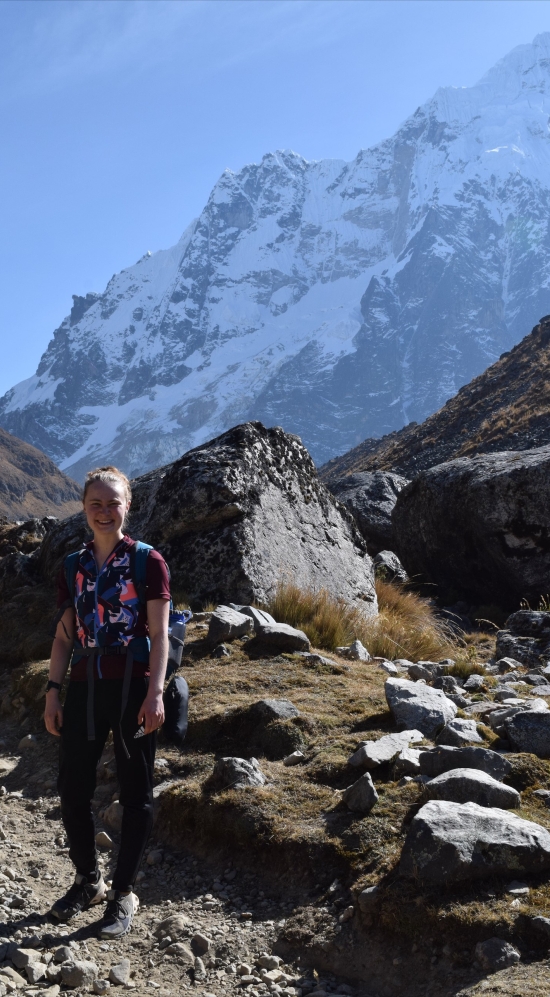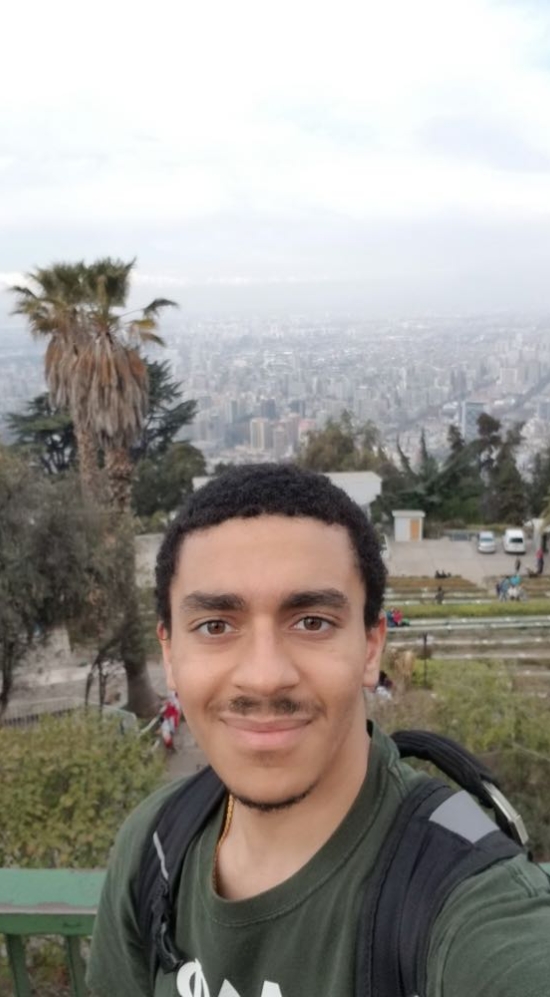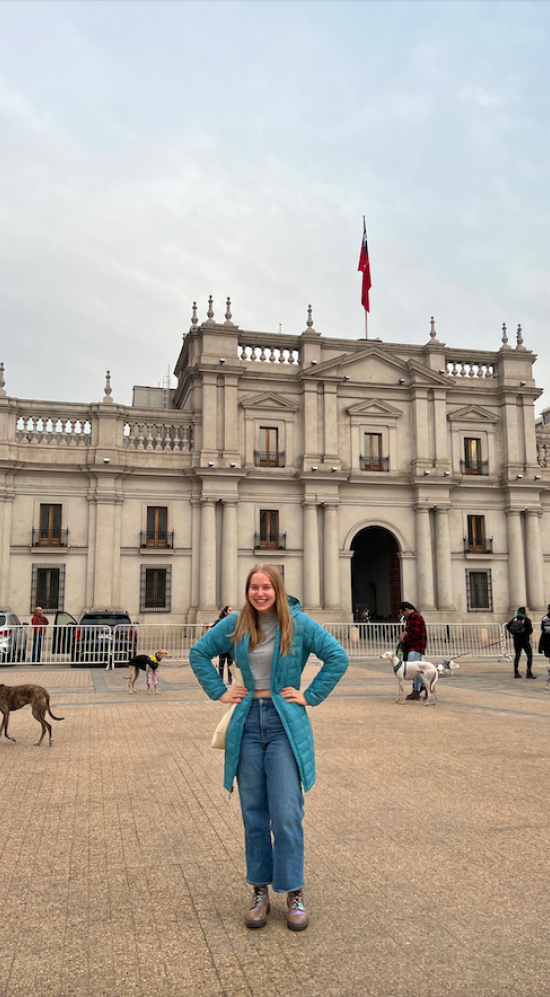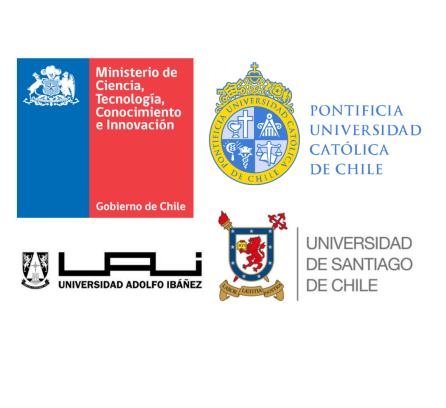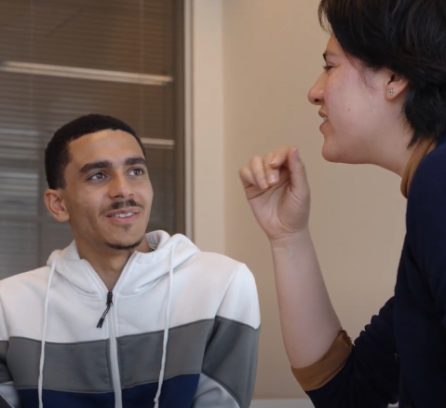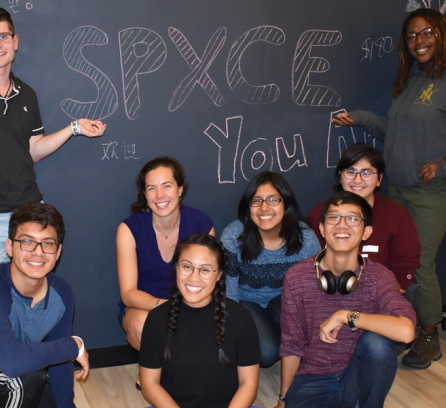The MIT-Chile program
Each year, through the MIT-Chile Program undergraduate and graduate students intern and conduct research in Chilean companies and labs. The MIT-Chile Seed Funds facilitate dozens of research collaborations between MIT faculty and their Chilean counterparts. Our teaching programs - Global Teaching Labs - support the educational efforts of our local partners in science and technology.
Program Opportunities
Internships
MISTI’s award-winning international internship program provides a one-of-a-kind, world-class experience for MIT students: the opportunity to gain real-life work experience in leading companies and labs around the world. Thanks to the fundraising efforts of MISTI, all expenses are paid, including airfare.
Experience technology and innovation first-hand in Chile, through internships, research and teaching opportunities at leading companies, research labs, and universities.
- GPA
4.0 or better
- LANGUAGE
Spanish IV or equivalent proficiency recommended. You can learn more about MIT Spanish courses here.
- COURSE PREREQUISITES
At least one class on Latin American culture, history or society is preferred. The MIT-Chile program strongly recommends students take 17.50 Introduction to Comparative Politics or 17.55J Introduction to Latin American Studies during the fall semester. Students should focus paper topics or case studies on Chile when possible with permission of the instructor.
- GPA
4.0 or better
- LANGUAGE
Spanish not required but strongly preferred/recommended. You can learn more about MIT Spanish courses here.
- COURSE PREREQUISITES
At least one class on Latin American culture, history or society is preferred. The MIT-Chile program strongly recommends students take 17.50 Introduction to Comparative Politics or 17.55J Introduction to Latin American Studies during the fall semester. Students should focus paper topics or case studies on Chile when possible with permission of the instructor.
Informational meetings for the MISTI Chile/Peru/Argentina/Uruguay are year around.
Timeline and Deadlines:
- Complete the MISTI Launchpad Application – before March 15
- Interview with Country Program Manager – October to March (as soon as MISTI Launchpad Application is complete)
- Commit to MIT-Chile/Peru/Argentina/Uruguay Program – By March 15
- Once your application is approved, complete the additional fields of the County-Specific Application. Country Program Manager begins to explore potential hosts once complete.
- Internship matching process – January to March
- Mandatory Pre-Departure Sessions – Late March to Early May
Global Teaching Labs
Learn through teaching. GTL challenges MIT students to synthesize and present what they know, work in a team, and communicate with peers of a different cultural background, all while sharing MIT's unique approach to science and engineering education with students around the world.
In Chile and Peru, we teach coding, robotics, electronics and other STEM areas during IAP.
- Exceptional command of the areas to be taught
- GPA 4.0
- Interview
- Mandatory Pre-departure preparation
- September: Apply to GTL in Chile or Peru
- Oct: Pre-selected students are invited to interview shortly after application deadline.
- Nov - Dec: Students selected to participate will attend pre-departure trainings.
- Jan: GTL programs take place for three weeks.
- Feb: Students attend a mandatory re-entry session upon return.
Study Abroad
Contact the Program Manager to learn more about study abroad opportunities in Chile.
To be decided with Program Manager
Exchange:
- Apply for MIT exchange for the term you wish to study. Go to the MISTI Portal, find your program, and apply before the deadline.
- MISTI will be in touch regarding an interview with the applicable MISTI Program Manager and major department.
Direct Enroll:
- Apply directly to the host university/program provider by their program deadline. (Their deadline may be earlier than the MISTI deadline.)
- Apply to MISTI for MIT approval to study abroad before the deadline for the term you wish to study. Go to the MISTI Portal, find your program or use the Direct Enroll General Application to apply.
- MISTI will be in touch regarding an interview with the applicable Program Manager.
Financial Aid:
Financial aid can be used to study abroad during academic terms. Awards will be adjusted based on expenses such as airfare, living expenses, and local tuition costs. Students should meet with their financial aid counselor and a MISTI Program Manager at least one term before they go abroad to start planning how aid will be affected. MISTI and Student Financial Services will work together to gather and verify cost information . Based on this information, financial aid counselors will advise students on their adjusted financial aid packages and process any refunds accordingly.
Scholarships:
Click here to learn more about external study abroad scholarships.
MIT-Chile Global Seed Funds
MISTI's Global Seed Funds program supports MIT's global engagement by promoting collaborations between MIT faculty and researchers and their counterparts at Chilean universities and research institutes, in fields of innovation, entrepreneurship, engineering, astronomy, mining, sustainable development, urban transportation, biotechnology, health, public policy and education among others.
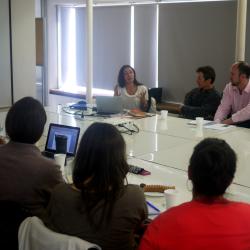

Universidad de Santiago de Chile
The fund is for collaborations between faculty and research scientists at MIT and their counterparts at Universidad de Santiago de Chile.

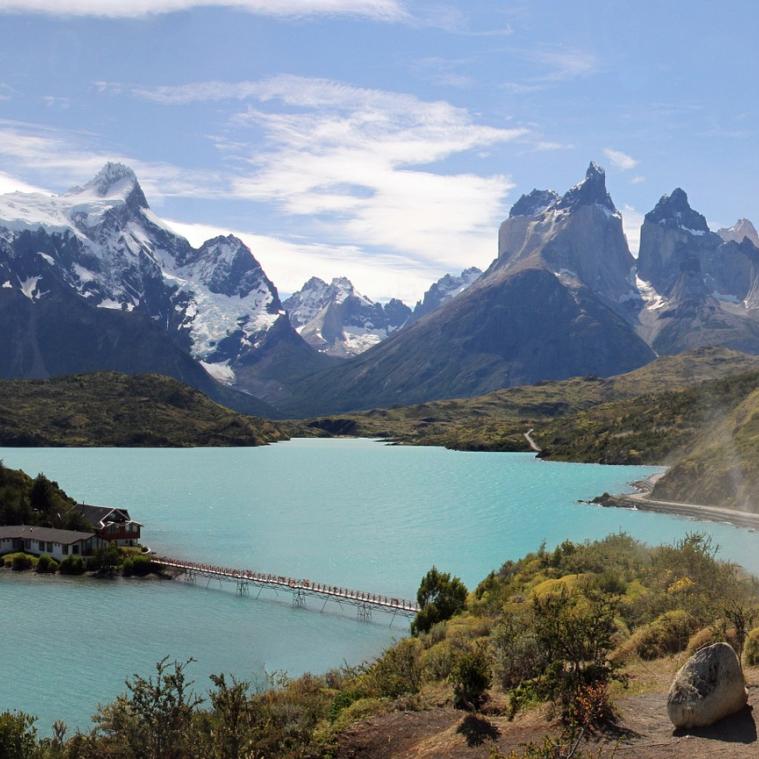
Universidad Adolfo Ibañez
The fund is for collaborations between faculty and research scientists at MIT and their counterparts at Universidad Adolfo Ibañez.


Universidad Catolica de Chile
The fund is for collaborations between faculty and research scientists at MIT and their counterparts at Universidad de Santiago de Chile.
Social Media
Meet Your Program Manager
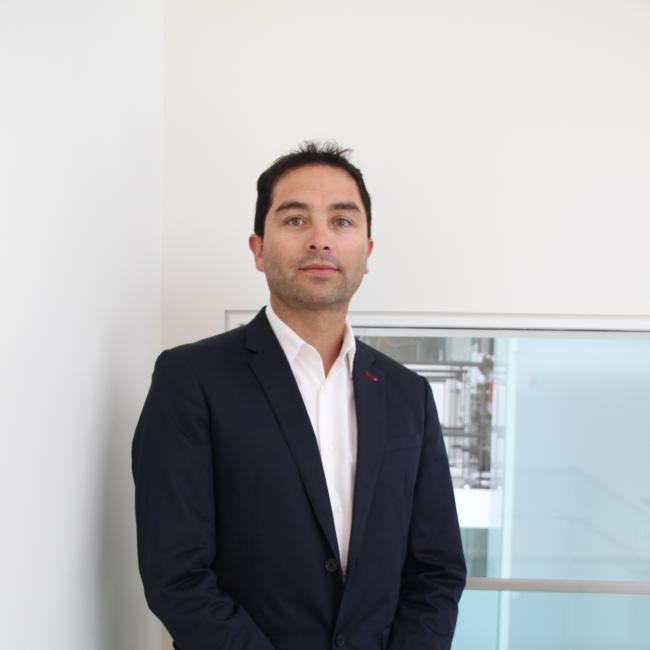
Get in touch with Eduardo Rivera, Managing Director for MIT-Chile (Peru, Argentina and Uruguay), to get your questions answered.

